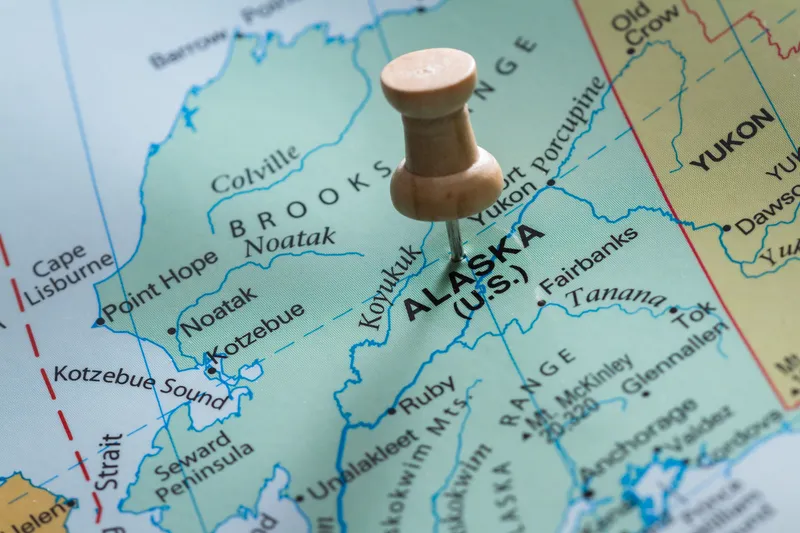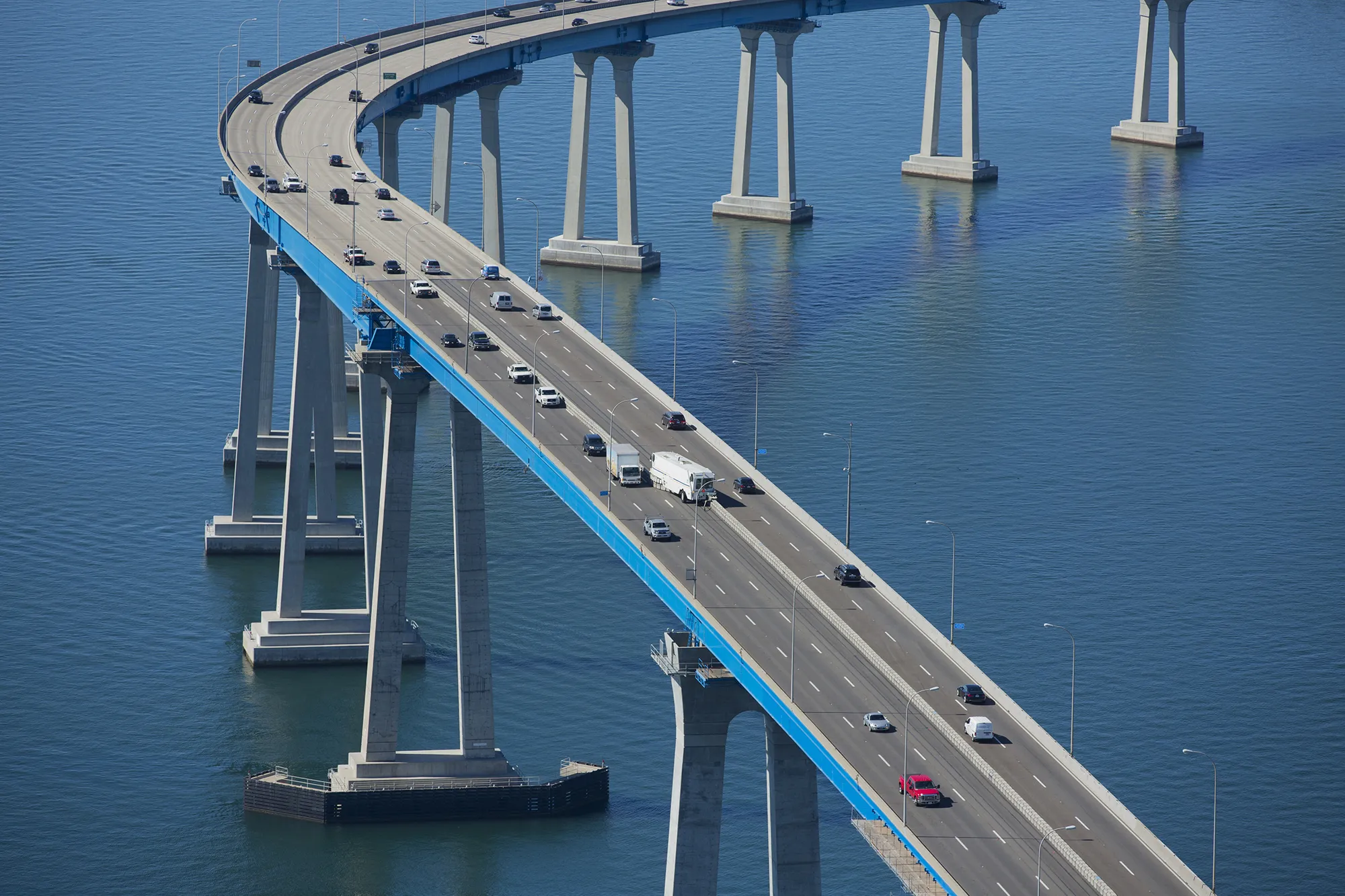New Zealand’s Mount Messenger bypass project has attracted some controversy and opposition. The 5.2km route will cost around US$129 million (NZ$200 million) to construct and will include two bridges as well as a tunnel section. The alignment has been selected from five options as it minimise environmental damage. However there are complaints from environmentalists that the project will damage a 44ha area that includes forest and wetlands as well as posing a threat to some endangered bird life.
July 18, 2019
Read time: 1 min
New Zealand’s Mount Messenger bypass project has attracted some controversy and opposition. The 5.2km route will cost around US$129 million (NZ$200 million) to construct and will include two bridges as well as a tunnel section. The alignment has been selected from five options as it minimise environmental damage. However there are complaints from environmentalists that the project will damage a 44ha area that includes forest and wetlands as well as posing a threat to some endangered bird life.







